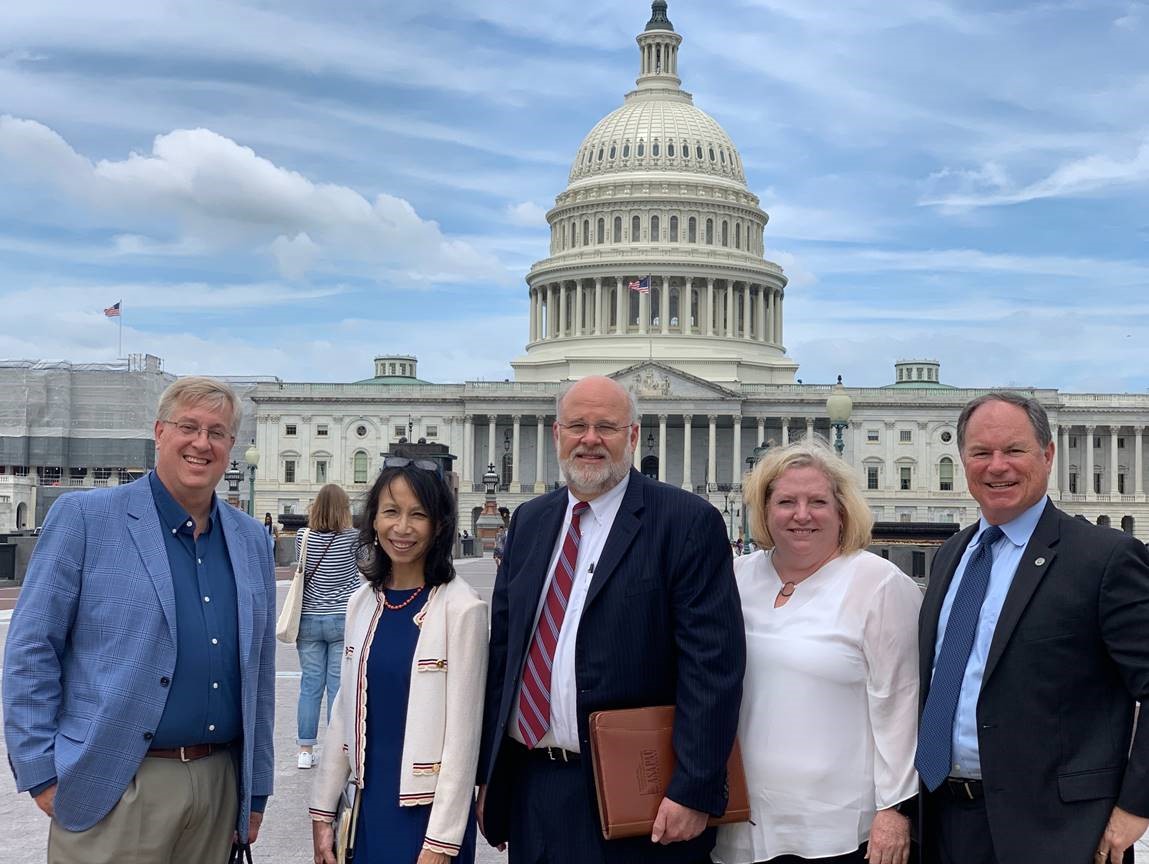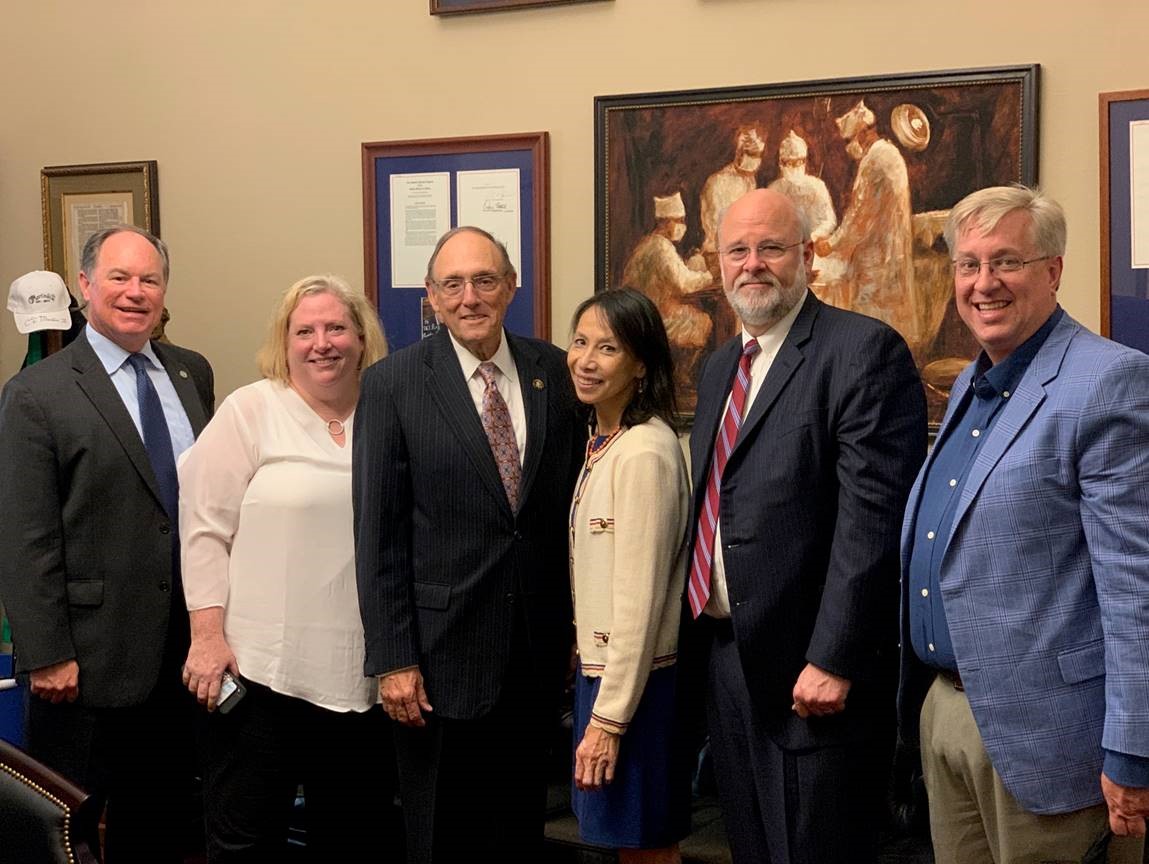Surprise Medical Billing
Special interest groups have pushed the Tennessee General Assembly during the past few years to address the issue of “surprise medical bills,” including filing a bill to remove the state’s ban on the corporate practice of medicine. TMA wants to reach a solution that frees patients from the financial burden of unexpected out-of-network charges while protecting physicians’ rights to choose how they practice and get paid appropriately for services they provide.


SB0001 / HB0002
Balance billing is one of TMA’s top legislative priorities in 2021. TMA has worked with Sen. Bo Watson and Rep. Robin Smith to file bill SB0001 / HB0002, which closely mirrors legislation that was passed at the federal level.
WHY THE BILL IS NEEDED
Physicians and other healthcare providers sign contracts to be in health insurance plans’ networks. Since the passage of the Affordable Care Act, some health insurance companies have decided to cut costs (and increase profits) by creating “narrow networks” by contracting with fewer healthcare providers who extend preferential reimbursement rates to those in their network.
While most hospital-based providers want to be in network, the health insurance plans often deny those contracts or offer unacceptably low reimbursement rates. Some patients who schedule care at an in-network hospital may receive services from out-of-network providers as part of the same visit. Patients cannot choose everyone involved in their care team (e.g. radiologists, anesthesiologist, emergency physicians or pathologists, etc.)
Out-of-network physicians have a right to be reimbursed for their services and are left to bill patients directly for the higher out-of-network charges. Patients get caught in the middle when health insurance plans do not pay the out of network provider’s entire bill and so they receive “surprise medical bills” for the balance amount not paid by insurance.
TMA wants a reasonable solution that shares the burden between providers and insurers, but frees patients from balance and surprise bills for out-of-network care. The federal legislation only applies to those Tennesseans’ enrolled in E.R.I.S.A plans. Therefore, a state solution for Tennesseans’ in the private non-E.R.I.S.A. market and uninsured needs to be implemented. It is important to maintain continuity with the federal solution while making sure that all Tennesseans can be held harmless from surprise or balance medical bills that are no fault of their own.
OUR PRINCIPLES
-
Hold patients harmless for out-of-network charges without removing Tennessee's ban on the corporate practice of medicine, prohibiting balance billing or obstructing physicians' right to be fairly compensated for the services they provide.
-
Hold health plans accountable to patients with reasonable network adequacy standards.
-
Do not allow insurance companies to set their own reimbursement rates without negotiating with physicians and other healthcare providers.
-
Create a fair arbitration process to resolve payment disputes between providers and payers, and keep the patient out of it.
FEDERAL ADVOCACY
In December 2020, Congress passed a bill providing coronavirus economic relief and government funding for the rest of the fiscal year. It also included surprise medical billing, and below is a brief overview:
- Surprise medical billing, or balance billing, is prohibited for out-of-network emergency care and most out-of-network care at in-network facilities.
- Patients are only required to pay the in-network cost-sharing (i.e. copayment, coinsurance and deductibles) amount for out-of-network emergency care, for certain ancillary services provided by out-of-network providers at in-network facilities, and for out-of-network care provided at in-network facilities without the patient’s informed consent.
- Allows patients to access an external review process to determine whether surprise billing protections are applicable when there is an adverse determination by a health plan.
- Requires health plans to provide an Advance Explanation of Benefits for scheduled services at least three days in advance to give patients transparency into which providers are expected to provide treatment, the expected cost, and the provider’s network status.
- It only applies to self-insured (E.R.I.S.A.) plans.
TMA worked closely with the American Medical Association, Physicians Advocacy Institute, and state and national medical specialty societies to send a uniform message to lawmakers and make sure that Tennessee physicians have a voice in federal policies affecting healthcare in Tennessee. For a lengthier summary of the Federal “No Surprises Act,” click here.


